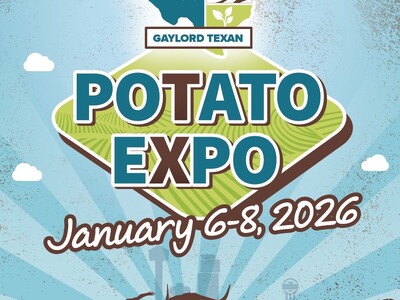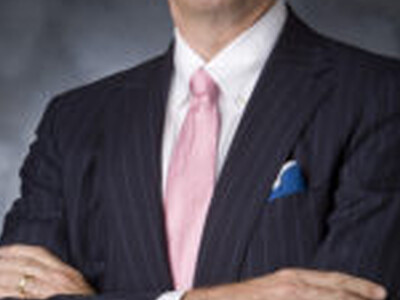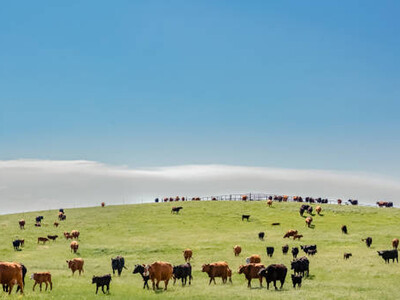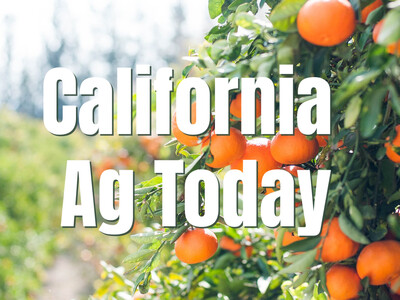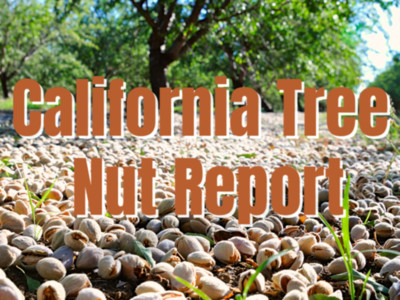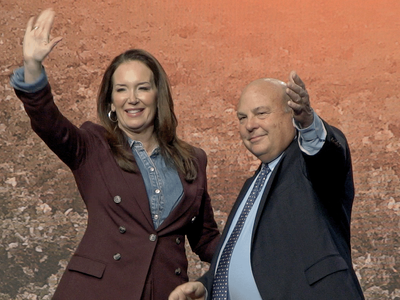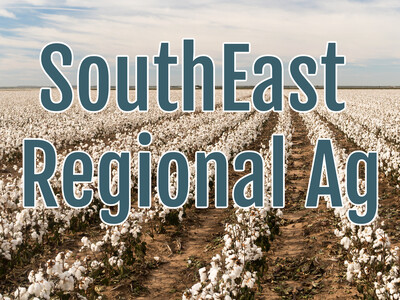Globalized SEPA Process
Globalized SEPA ProcessI’m Lacy Gray with Washington Ag Today.
DOE’s new globalized State Environmental Policy Act process could have a major impact on Washington’s trade and export industry. John Stuhlmiller, Washington Farm Bureau’s Chief Executive Officer, explains.
STUHLMILLER: The key notion of SEPA is to protect residents around a facility. Say you put in a plant - is it suitable to put in there, are there environmental protections etc. for the way the plant operates. So when you take and you apply SEPA to a worldwide level, that global scheme - how can you assume how somebody will consume your product, or burn your product, and will they use proper technology? That isn’t what it’s about, and shouldn’t be about. You gotta focus on the project itself and the very specific tangible impacts or benefits.
Both the proposed Gateway Pacific Terminal and the proposed Millennium Bulk Terminals export facilities were considered under an expanded SEPA scoping process primarily because of coal exports.
STUHLMILLER: Both Gateway and Millennium are bulk export. They aren’t coal export, they are bulk export, and agricultural commodities go bulk. So, we’re talking about handling facilities that can handle agricultural products - a variety of things, not just one commodity. So that’s where we really struggle with the notion that because you don’t like one of the things that can be handled through a bulk terminal you don’t build the bulk terminal and create the capacity necessary to continue and increase our exports of other commodities.
Tomorrow Stuhlmiller will talk more about how not building infrastructure based solely on a commodity you don’t want to see shipped in your state can hinder or cripple the trade market for all other commodities.
That’s Washington Ag Today.
I’m Lacy Gray on the Ag Information Network.




